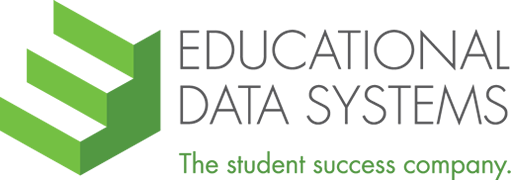School district administrators, who set clear guidelines for the use of classroom assessments and provide meaningful professional development related to assessment literacy, are also working to make what goes into data collection tools, such as a data dashboard, more useful for educational decisions.
But expensive data dashboards are only as valid as the information that goes into them. So how can districts make sure their digital technology tools are collecting and reporting high-quality information, particularly with respect to classroom assessment data?
Assessment experts argue that districts need to invest time and money to support teachers as they design classroom assessments aligned to the curriculum and standards.[1] One obstacle is that real and perceived validity problems of large-scale assessments in the wake of No Child Left Behind have “created a backlash against the validity of testing in general.”[2] Anti-testing sentiment has been so high that some teachers have been tempted to scrap assessments and grades altogether. Such actions make data collection tools less useful for educational decision-making and remove an essential piece of the feedback loop that gives students what they need to improve.
Steven Turner, a psychology teacher at Albemarle High School (Virginia), argues that students deserve information about their progress and that whether we change traditional grading percentage structures, or call grades something else, “we still need an effective system to measure student growth and performance.”[3] In a follow-up email to his article, Mr. Turner elaborated on how he thinks districts can support teachers as they develop and use classroom assessments.[4] What follows is an annotated summary of that email.
Clear guidelines from the district. Turner maintains that unless a division superintendent takes measurement of student growth and achievement seriously, assessment in the classroom will be variable and ineffective. The Michigan Assessment Collaborative has developed detailed standards for assessment literacy that reinforce Mr. Turner’s point. According to the standards, district administrators should believe in the need for “uniformity in assessment expectations and practices across buildings.”[5]
Explain the purpose. When asked about potential conflicts regarding district policies on classroom assessment and teachers’ expectations of autonomy in their classrooms, Mr. Turner suggested that “teacher pushback against district mandates comes from specific policies or requirements without first understanding the purpose.” He went on to say that most teachers have to provide instruction within a set of curricular guidelines that leave room for individual autonomy. In his view, it’s not unreasonable to think that a division could set grading and assessment guidelines that serve the same purpose.
Assessment literacy professional development. Mr. Turner also observed that teachers often have very little training in assessment and grading and that professional development is frequently focused on improving instruction. The result is that educators “often fail to see that a strong understanding of assessment can improve instruction.” He suggests that central office folks who work in assessment, research, and/or accountability should work together with departments of instruction to find the best way to make sure that teacher knowledge about assessment—including the foundational concepts of validity and reliability—makes it into the classroom.
[1] How to Plan for a Balanced Assessment System While Keeping Curriculum in Mind
[4] Steven Turner, Albemarle High School (Virginia) teacher, email message to author, February 14, 2019.
[5] Assessment Literacy Standards A National Imperative, p.12.

